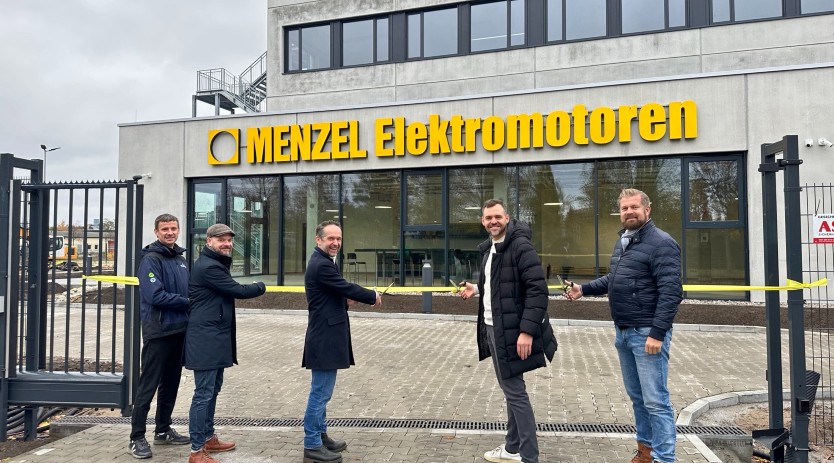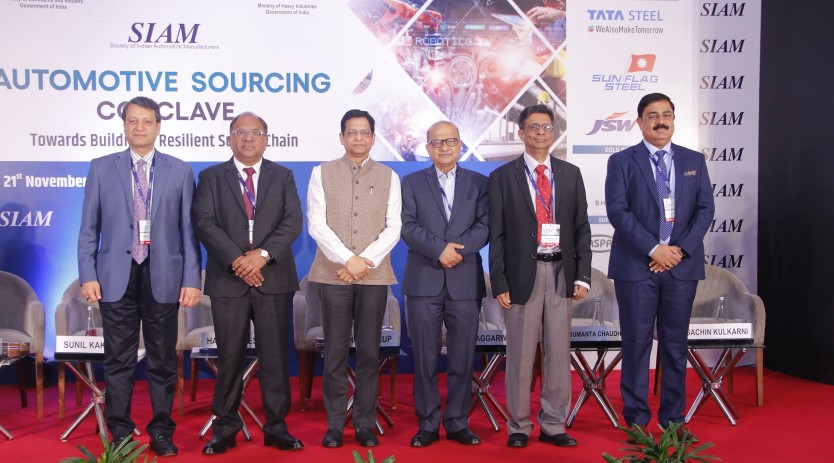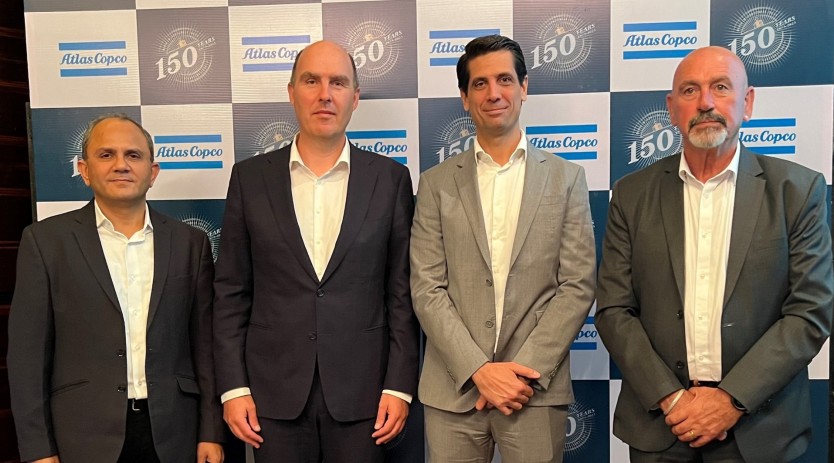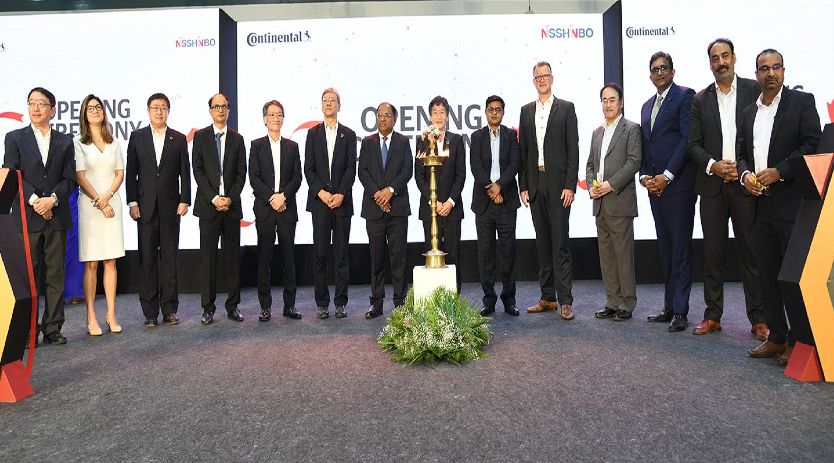EonStor GS supports File-Level SSD Cache to accelerate Random File Access Performance
October 6, 2021 7:08 pm
Infortrend® Technology, Inc., adds SSD cache technology into EonStor GS unified storage to considerably accelerate file access performance in enterprise applications characterised by high number of random file access operations.
EonStor GS is an enterprise-class unified storage enabling SMBs and large enterprises to manage file-based (NAS) and block-based (SAN) storage in a single device. With redundant controller design, GS ensures high reliability and improves overall performance. It supports multiple RAID hard disk protection levels and PB-level storage capacity, so enterprises won’t have to worry about insufficient storage capacity and data loss. GS now supports SSDs acting as cache on its NAS storage service to improve file access performance. By caching frequently used data on a high-speed storage medium, subsequent client requests for accessing enterprise data can be served more quickly.
GS with integrated SSD cache is an optimal solution for applications involving random access behaviour, such as file sharing, email, as well as media post-production editing. If several users simultaneously access files and the required data bits are not located in adjacent sectors, traditional mechanical HDDs cause a longer seek time, resulting in a higher I/O delay, which in turn reduces system performance and negatively effects user experience. Thanks to SSDs’ near-zero seek time advantage, GS’s SSD cache reduces I/O latency and improves IOPS performance. High-efficiency algorithms intelligently predict and cache commonly used small blocks of data and metadata, improving GS’s access performance to random access data and elevating user experience to the new level.
“We added SSD cache to EonStor GS unified storage for accelerating file-level random access data. For general applications like office file sharing and emails, users can deploy one or two SSDs, while for media editing, which requires higher bandwidth, four or more SSDs are recommended,” said Frank Lee, Senior Director of Product Planning.
For more info, visit: www.infortrend.com
Cookie Consent
We use cookies to personalize your experience. By continuing to visit this website you agree to our Terms & Conditions, Privacy Policy and Cookie Policy.

















 English
English Hindi
Hindi